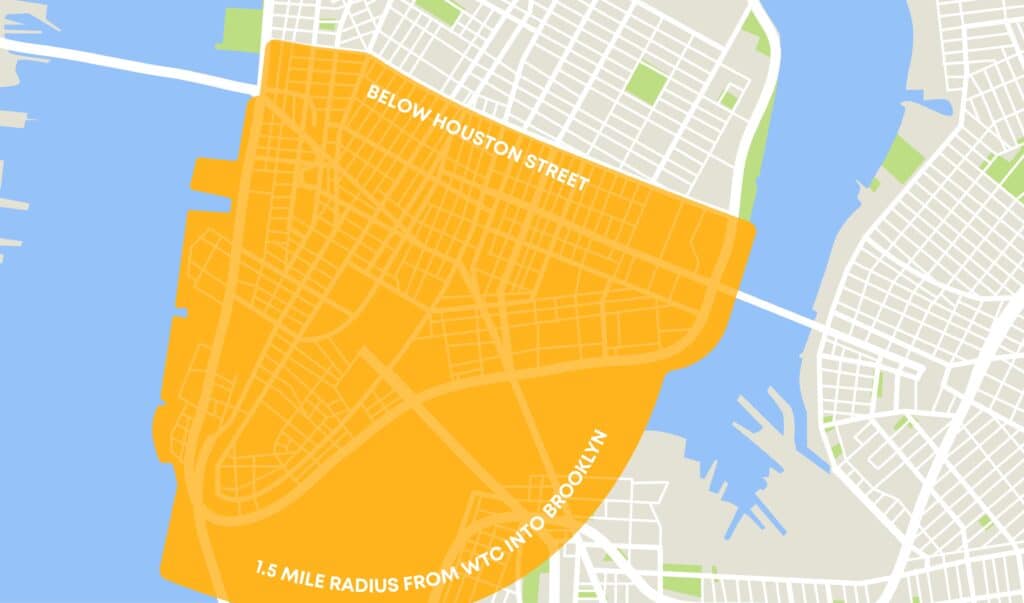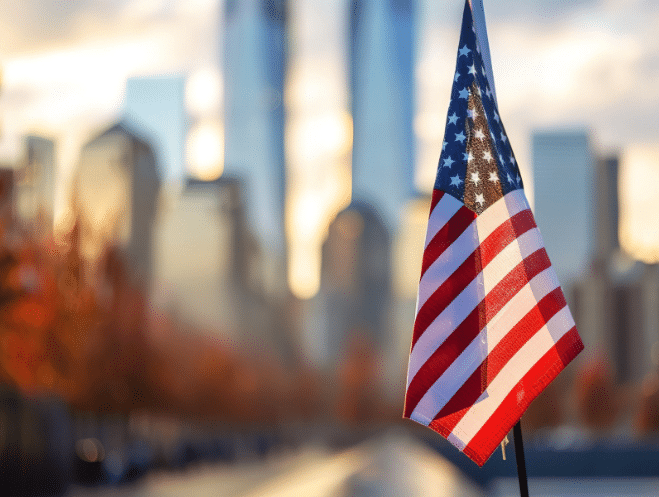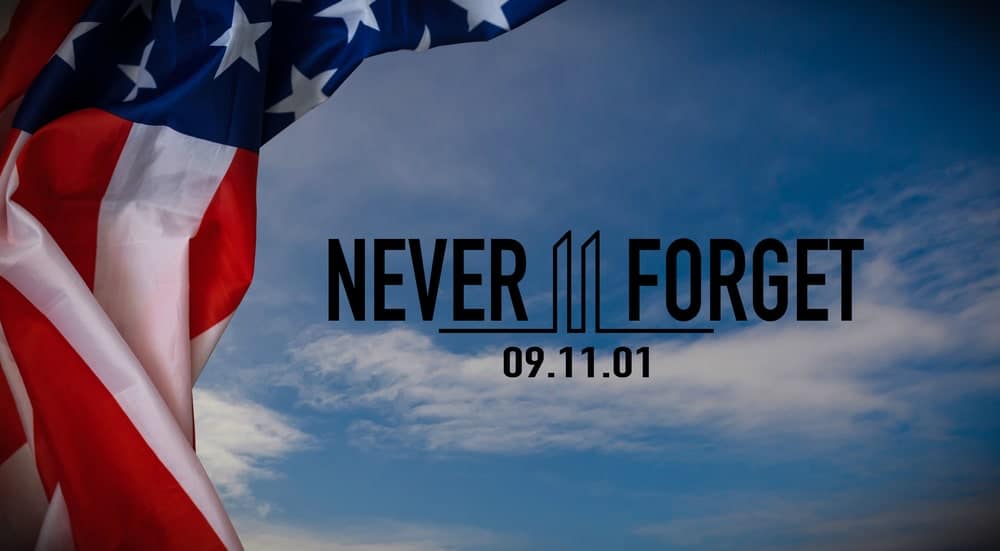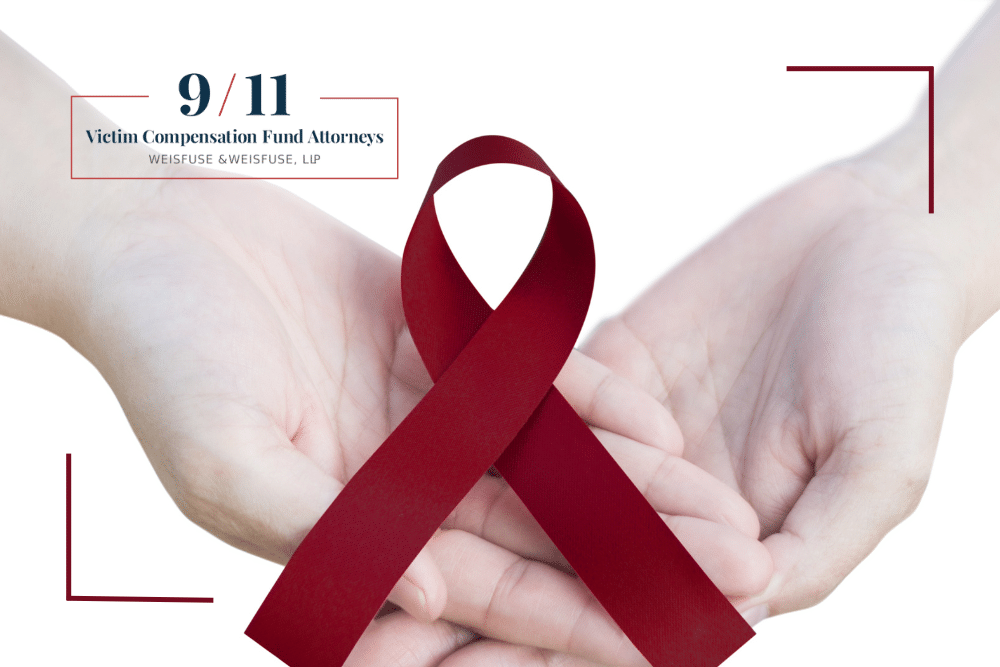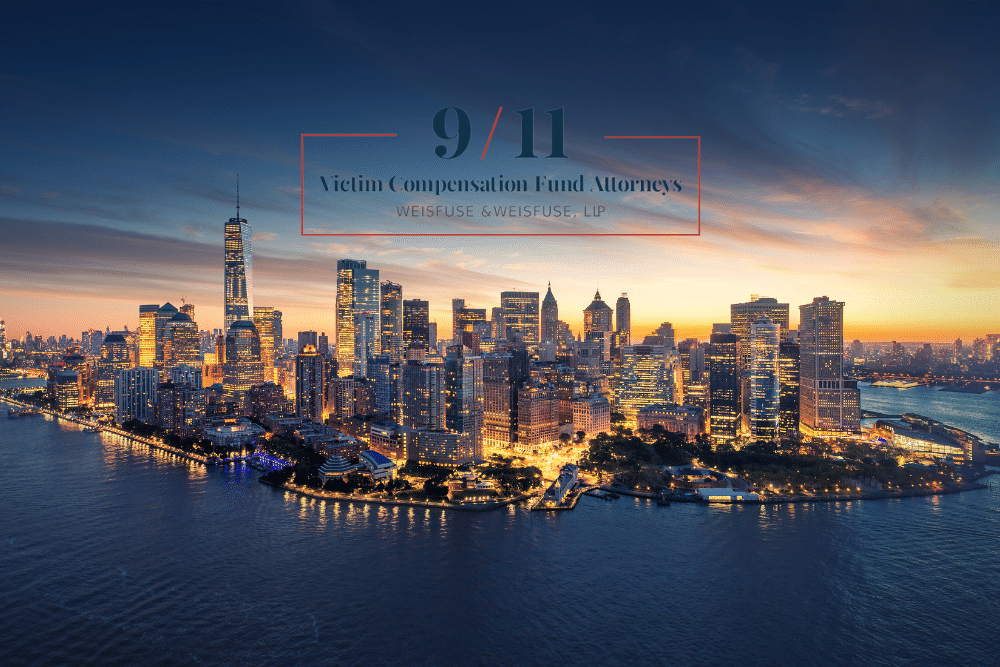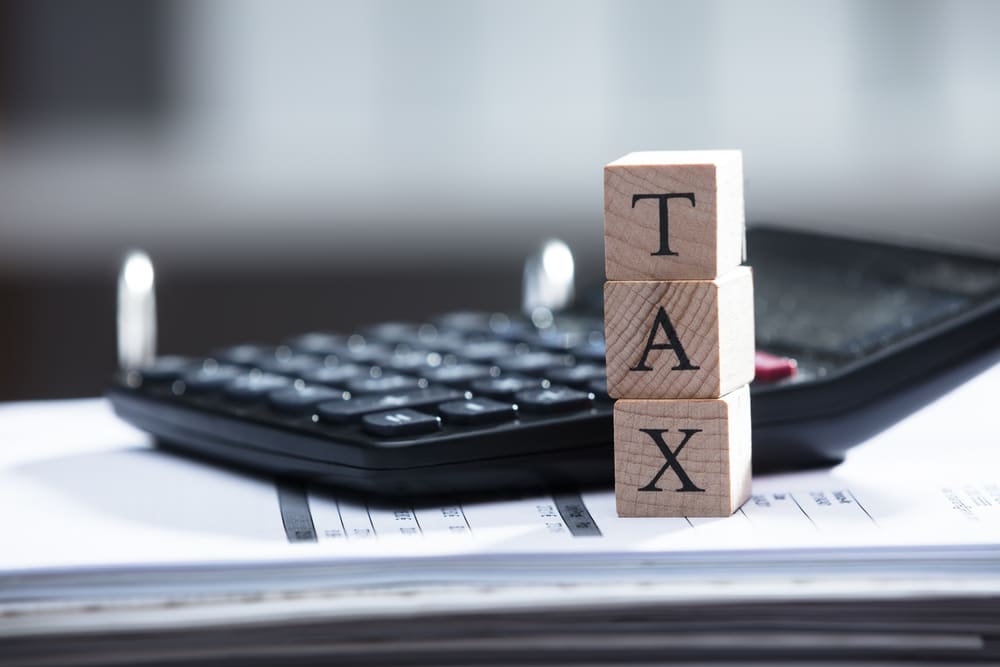
To date, more than 80,000 claims have been made to the Victim’s Compensation Fund (VCF), the fund that helps compensate victims of the 9/11 attacks for losses suffered.
Awards can be substantial, but some confusion exists over whether the payouts are taxable and what needs to be reported to the Internal Revenue Service (IRS) on tax returns.
Most awards related to 9/11 payments are tax-free and do not need to be reported to federal or state collection agencies. Here’s what else claimants need to know about the VCF awards and tax laws.
Understanding the 9/11 Victim Compensation Fund
When Congress passed the James Zadroga 9/11 Health and Compensation Act, named after the NYPD detective who succumbed to illnesses related to toxic exposure in the aftermath of the attacks, the Victim’s Compensation Fund was set up to compensate the many victims of 9/11.
Claimants do not need to have been present at the World Trade Center on 9/11 to qualify for compensation.
First responders and survivors who breathed the toxic air from the 9/11 dust in the days, weeks, and months after the attacks are covered. People in the “exposure zone” of Manhattan south of Houston Street** and west of Clinton Street, at the Staten Island Landfill, and at certain piers in NYC where debris removal took place, as well as anyone at the other crash sites, are granted eligibility to the fund.
The VCF now has unlimited funding and has been extended until 2090, covering even those who were very young at the time of the attacks.
The fund works alongside the World Trade Center Health Program (WTCHP) to assist those who breathed the toxic air at 9/11 and whose health was negatively impacted because of it. Specifically, the WTCHP provides free health monitoring and treatment for any 9/11-related conditions and the VCF compensates losses, such as lost earnings.
The main health conditions associated with 9/11 toxic exposure are cancer, respiratory illnesses, and digestive disorders but there are many others.
As well as the victims themselves, the fund also compensates the family of anyone who died as a result of a 9/11-related health condition, including first responders, EMS, police, fire, construction workers, office workers, cab drivers, students, and residents.
Eligibility for VCF awards
The first step in claiming a VCF award is determining eligibility.
To register with the fund, claimants must have suffered a qualifying health condition certified by the WTCHP. It usually requires a qualifying diagnosis from the WTCHP as a preliminary step to making a claim.
There are hundreds of qualifying conditions, but the most common ones fall into the following broad categories:
- Acute traumatic injury
- Aerodigestive disorders
- Cancer (more than 75 types)
- Mental health conditions
- Musculoskeletal disorder
- Other non-cancer illnesses and injuries
- Deaths resulting from injuries or illnesses related to September 11th
Mental health conditions can be treated by the WTCHP but do not qualify for compensation from the VCF. Almost all other conditions certified by the WTCHP are eligible for awards.
Claimants must be able to prove their presence in the specified locations between 11 September 2001 and 30 May 2002.
Deadlines apply to registration, so it is important to be certified by the WTC Health Program and register as soon as possible for the VCF. For those certified by the WTCHP after July 29, 2019, the VCF registration deadline is two years after the certification date.
Importantly, however, individuals do not need to be sick to register. All 9/11 responders and survivors are eligible to register with the VCF even if they are currently healthy.
Are VCF awards taxable income?
VCF award recipients can choose to either receive a lump-sum payment or periodic payments. How payments are received does not affect their tax liability.
Under Publication 3920 of the Internal Revenue Service (IRS), victims who suffered physical injury or death and received an award from the VCF do not need to report their victim restitution as income on their federal income tax return. Nor do they need to report it to their state’s tax-collection agency. Payments are tax-free and are excluded from the gross taxable income amount, including benefits for surviving spouses and family members.
Also excluded from taxable income are qualified disaster relief payments received as compensation from the events of 9/11 and Social Security Disability payments received as a direct result of injuries or illness suffered from the events of 9/11. Bear in mind that other disability payments are, however, taxable.
The IRS has even granted a tax exception to the estates of those who died as a result of a 9/11-related injury or illness and who received a VCF settlement.
How to protect your VCF award
Remember, registering with the 9/11 Victim Compensation Fund as soon as possible preserves the right to file a claim in the future.
The VCF attorneys at Weisfuse & Weisfuse, LLP can help survivors and responders register, claim, and protect their awards.
Considerable documentation is required during the claims process and gathering it can be challenging for victims. Our attorneys can help with this. We stay abreast of any changes to the regulations and how they may affect victims who need to claim.
Tax matters can become more complicated if special circumstances apply, such as a divorce, bankruptcy, Medicare secondary payor liens, state-based obligations for child support or other domestic obligations. If in doubt about a tax situation related to the receipt of 9/11 compensation, it is best to consult with a qualified accountant or tax attorney.
To discuss your situation and learn more about how we may be able to help you, please call Weisfuse & Weisfuse, LLP at 212-983-3000 or contact us online to schedule a free consultation.
Numerous advertisements and media outlets are informing New Yorkers about their possible eligibility for 9/11 benefits if they were in Lower Manhattan during the attacks and suffer from health conditions due to toxic dust exposure. At Weisfuse & Weisfuse LLP, we emphasize that the “exposure zone” isn’t limited to Canal Street but can extend further to Houston Street.
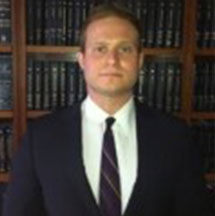
About Jason Weisfuse –
9/11 Victim Compensation Fund Attorney
About Jason Weisfuse –
9/11 Victim Compensation Fund Attorney
Jason E. Weisfuse is a seasoned 9/11 cancer attorney and managing partner at Weisfuse & Weisfuse, LLP, a New York City-based law firm dedicated to representing individuals affected by the September 11th attacks. Since the establishment of the September 11th Victim Compensation Fund (VCF), Jason has been instrumental in assisting first responders, survivors, and families in securing the compensation and medical benefits they deserve.
With a Juris Doctor from New York Law School (2009), Jason brings extensive experience regarding the 9/11 Victim Compensation Fund to his practice. His deep understanding of the VCF and the World Trade Center Health Program (WTCHP) has enabled him to navigate complex claims processes effectively, resulting in substantial awards for his clients.
Jason’s commitment to the victims in the 9/11 community is evident through his active involvement in professional organizations such as the New York State Trial Lawyers Association and the American Association for Justice. He has also contributed to legal discourse with publications in the New York Law Journal, reflecting his dedication to legal excellence and advocacy.
At Weisfuse & Weisfuse, LLP, Jason continues to provide compassionate and knowledgeable representation, ensuring that those affected by 9/11 receive the support and compensation they are entitled to.


